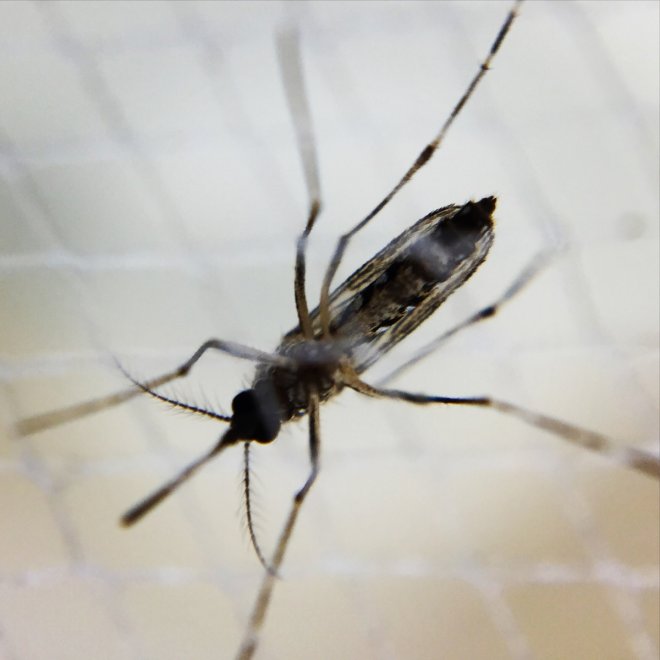
National Environment Agency (NEA) has warned Singaporeans that dengue cases are likely to increase in the country in the next few months. The agency also said that the midyear will be the peak season for the mosquito-borne disease.
NEA has observed from its Gravitrap surveillance system data that there has been a 60 percent rise in Aedes aegypti mosquitoes since last October. "If left unchecked, the high Aedes aegypti population may lead to a surge in dengue cases in 2017," said NEA.
Another major concern for NEA is that there might crop up different types of dengue. For instance, people who contracted the DENV-2 dengue serotype, which was common last year, are immune to it. However, they are susceptible to other dengue serotypes. Moreover, the predominant serotype of this year is still a mystery. "Historically, a change in predominant dengue virus serotype has been followed by a spike in dengue cases...The Ministry of Health and NEA will continue to monitor the situation closely," said NEA, as reported by The Channel News Asia.
Also read: Singapore: Wolbachia-infected mosquitoes deployed to fight dengue and zika
The agency urged people to stay vigilant and work together as a community to combat the dengue threat. It asked residents to repeatedly change stored water and not let any water get accumulated in containers. The agency also asked people who are involved in spring cleaning for Chinese New Year to properly dispose of items and make sure that they are not becoming breeding grounds of mosquitoes.
For people who are travelling this holiday season, NEA asked them to take proper precaution while going to tourist places. They should also always use mosquito repellents in homes and generously apply creams on their bodies that will keep mosquitoes away.
Last year, a total of 13,115 dengue cases were reported along with several cases of Zika. Authorities worked together to bring the numbers down and it remained in control until December 2016.









